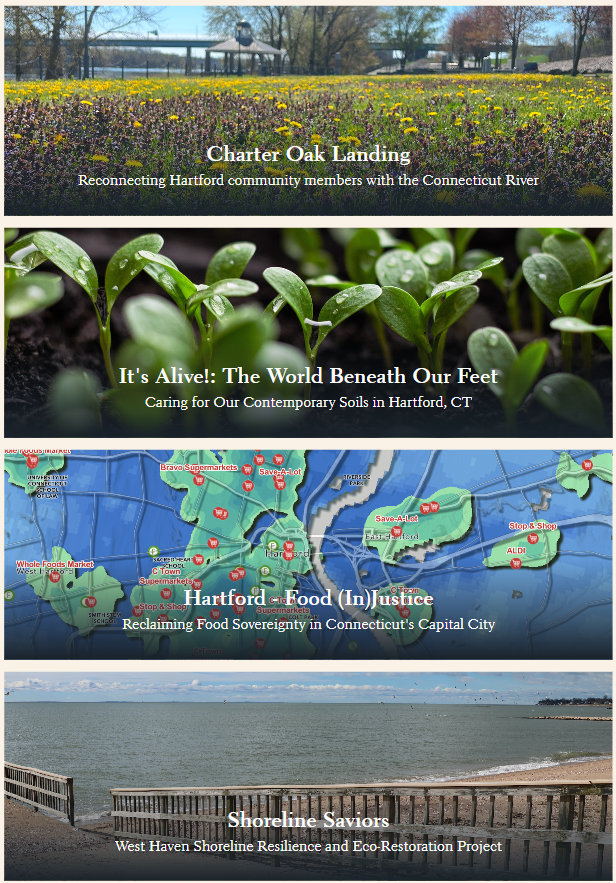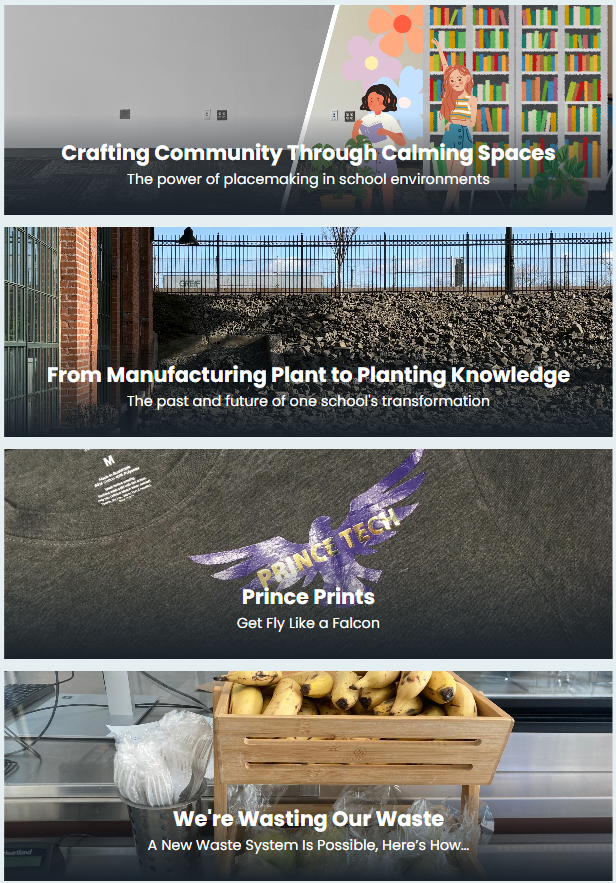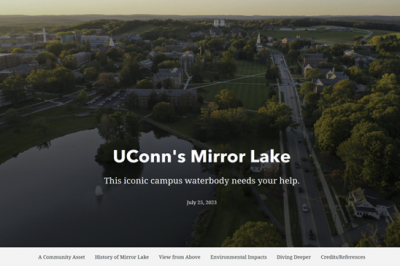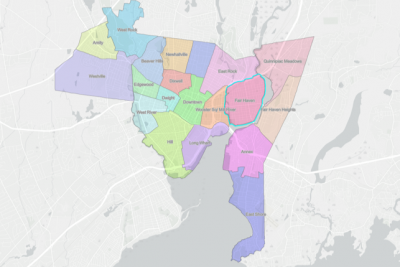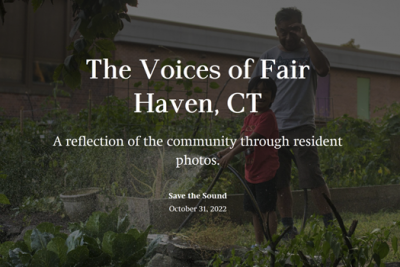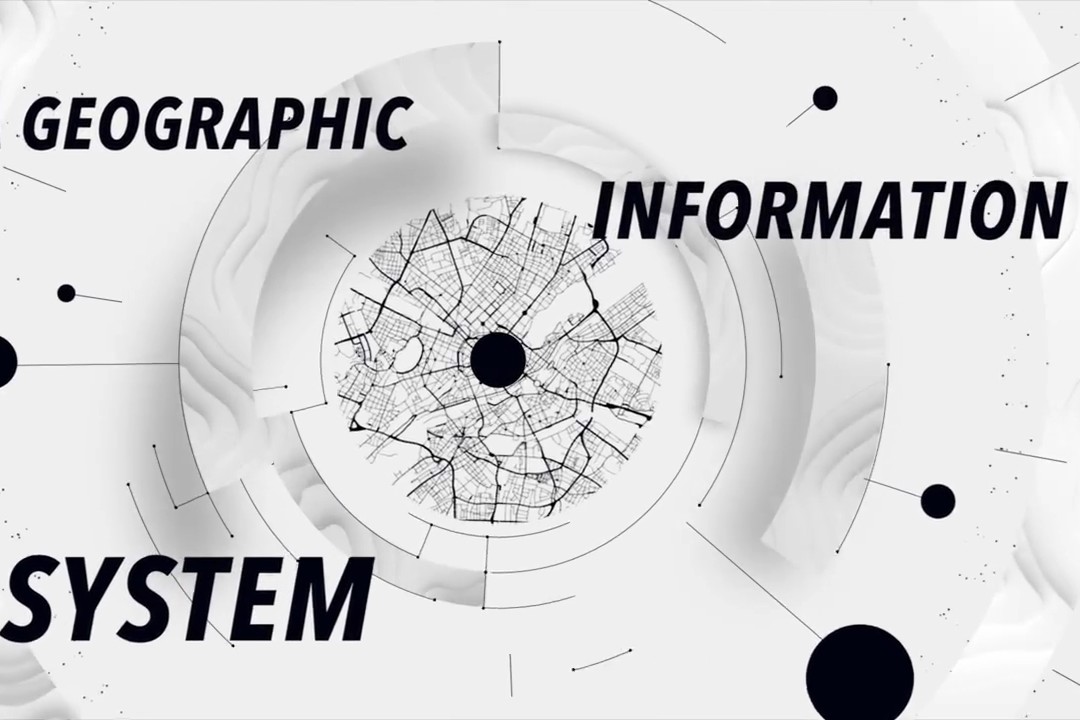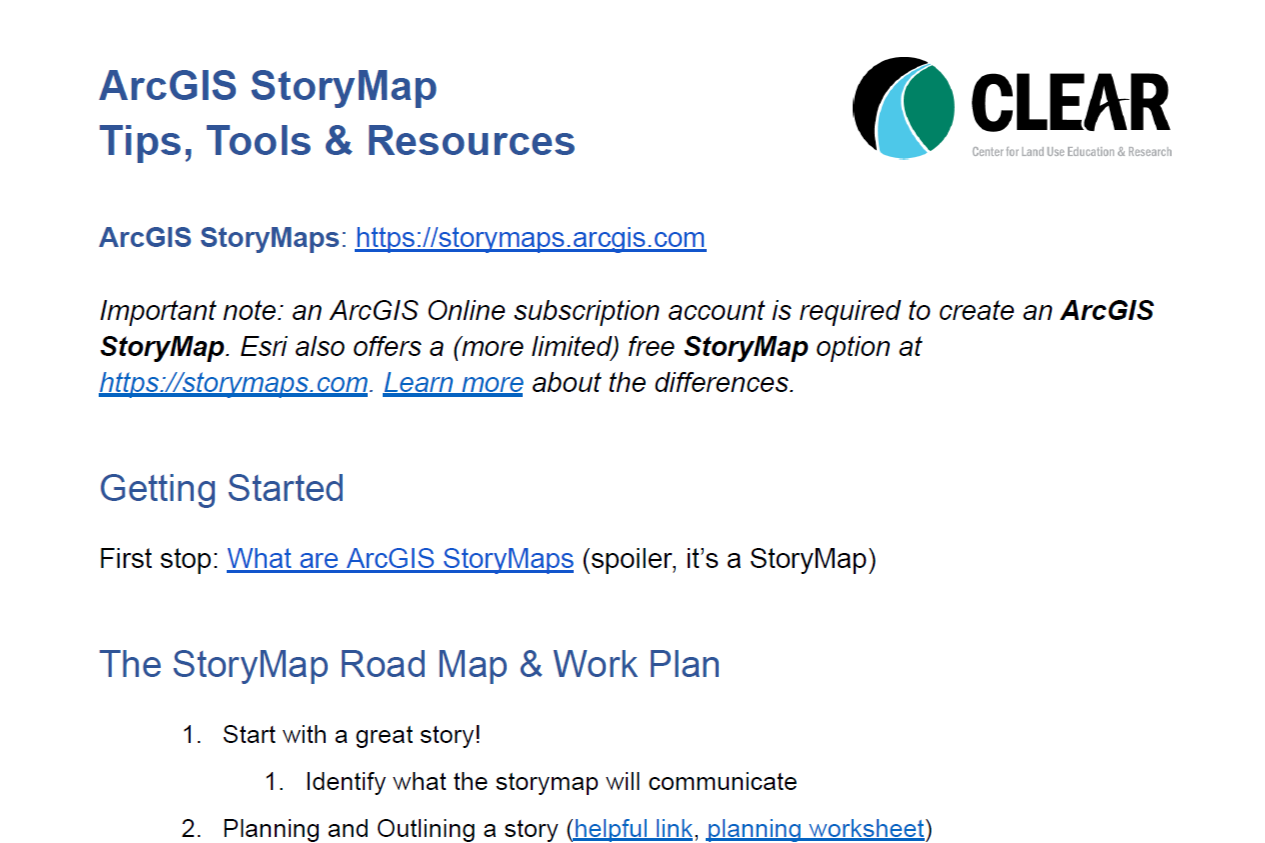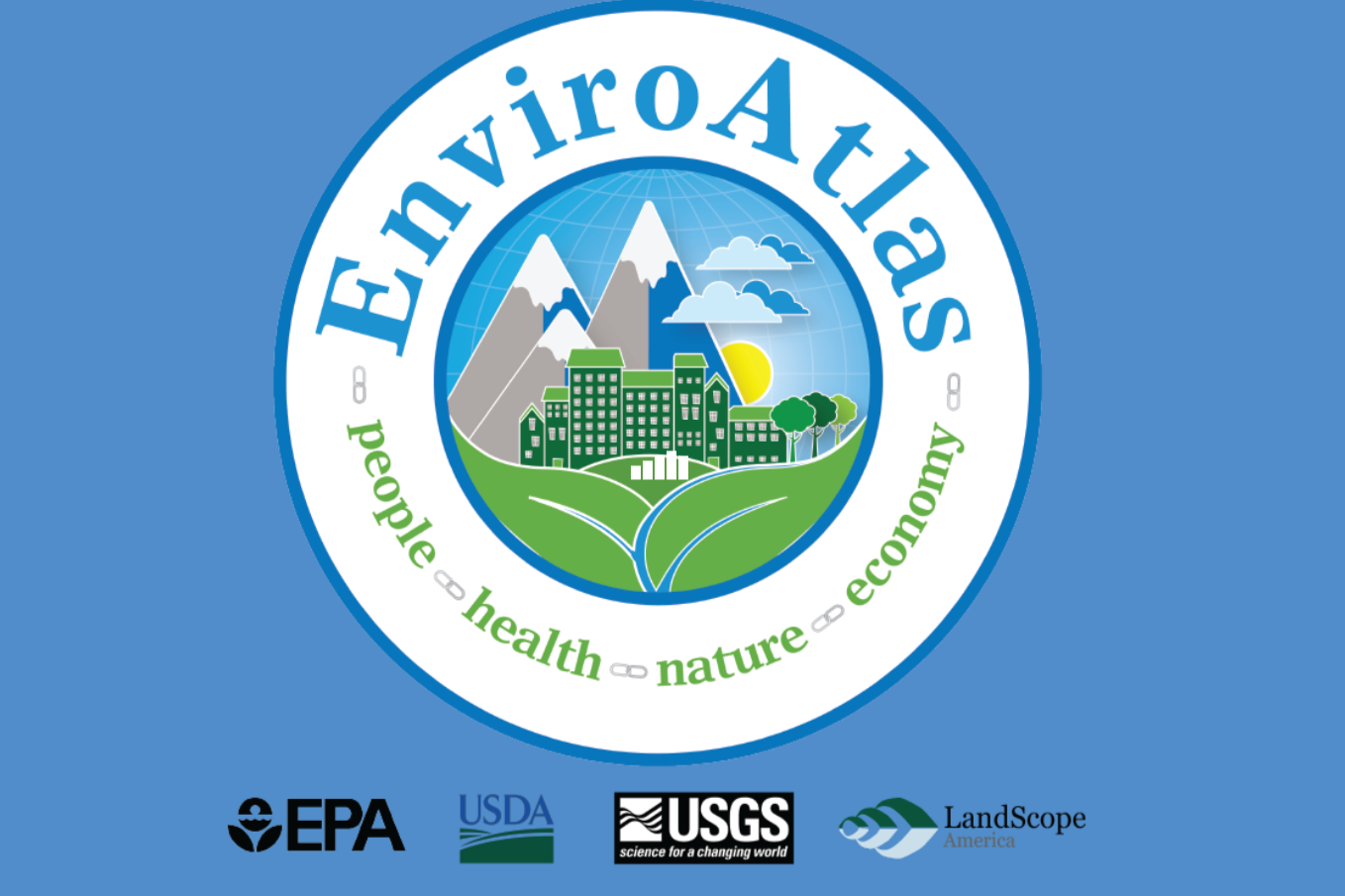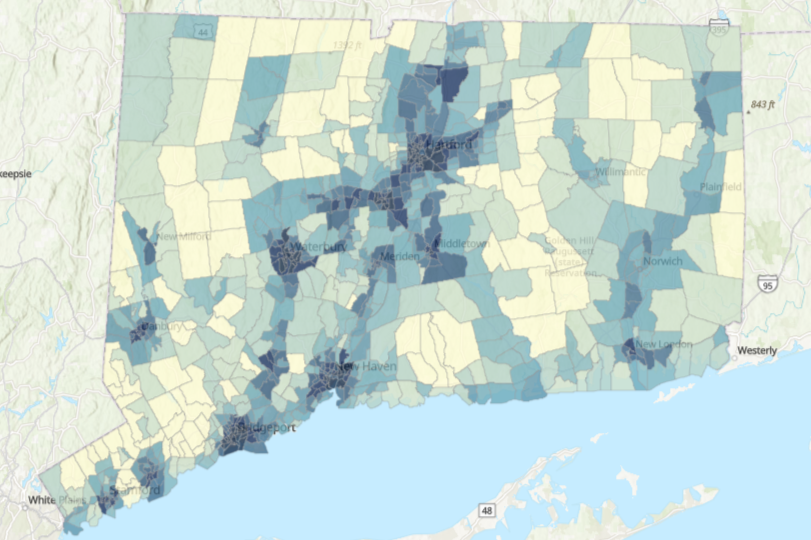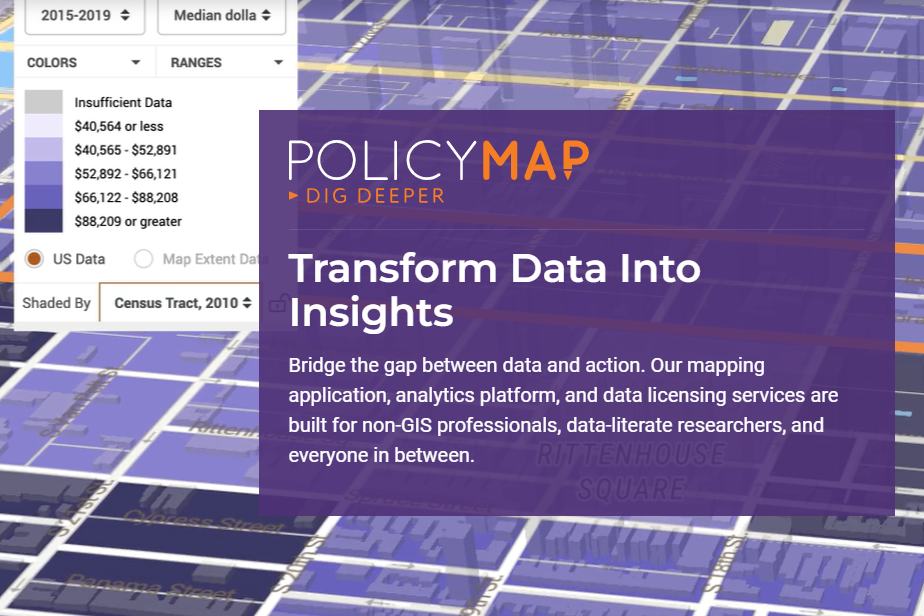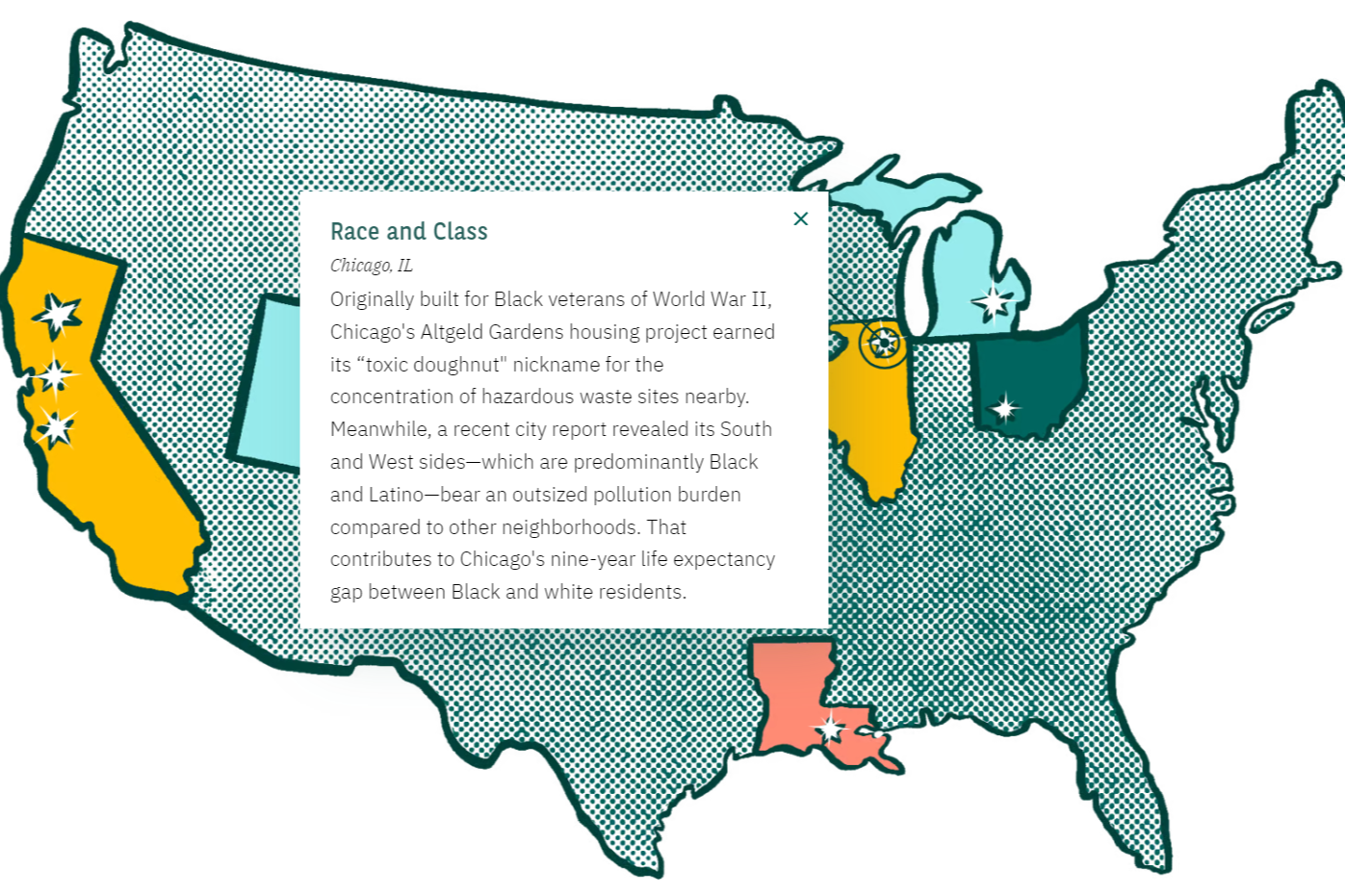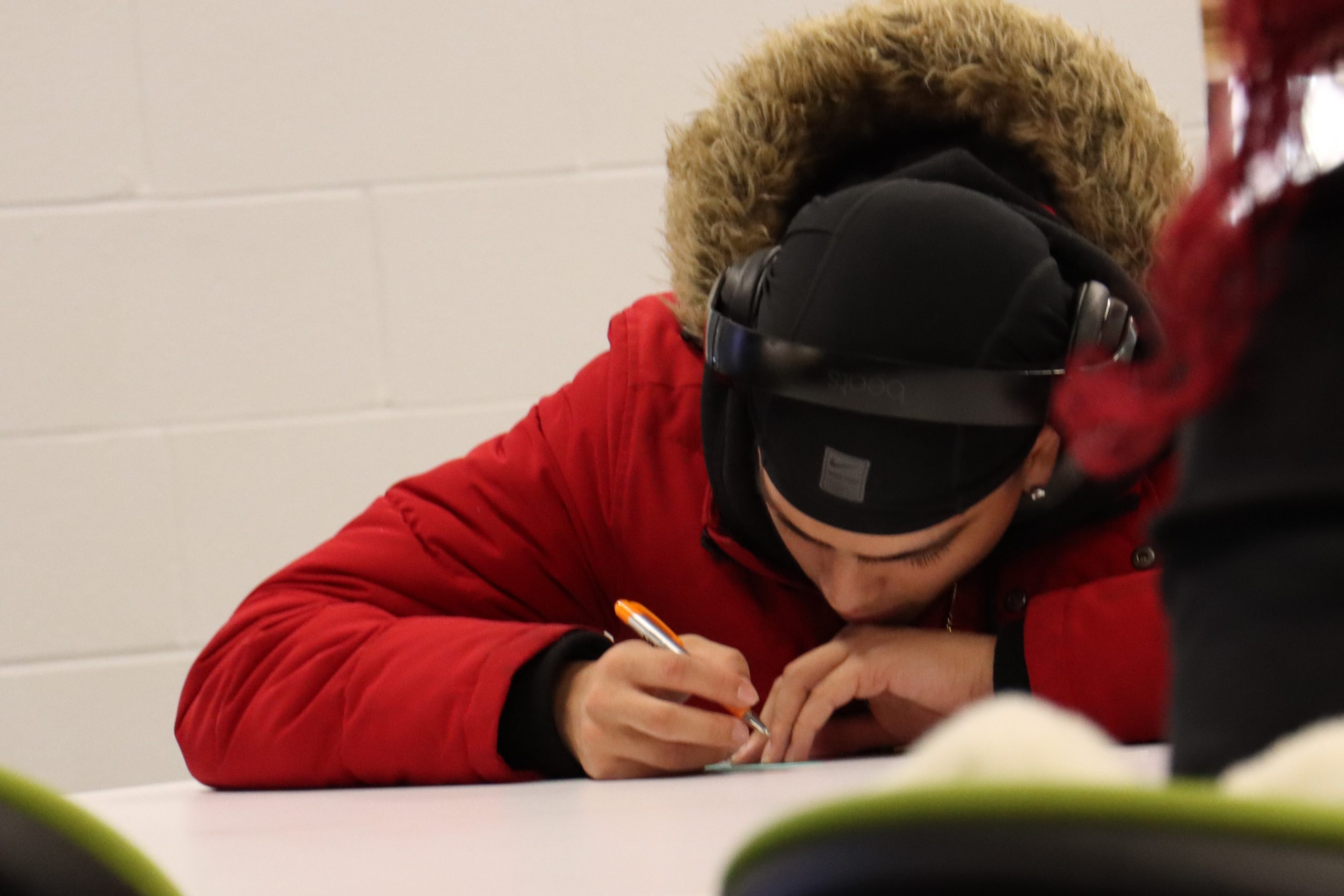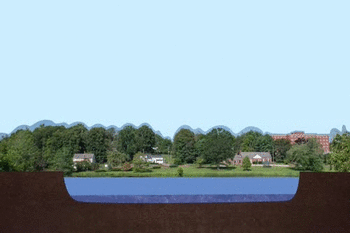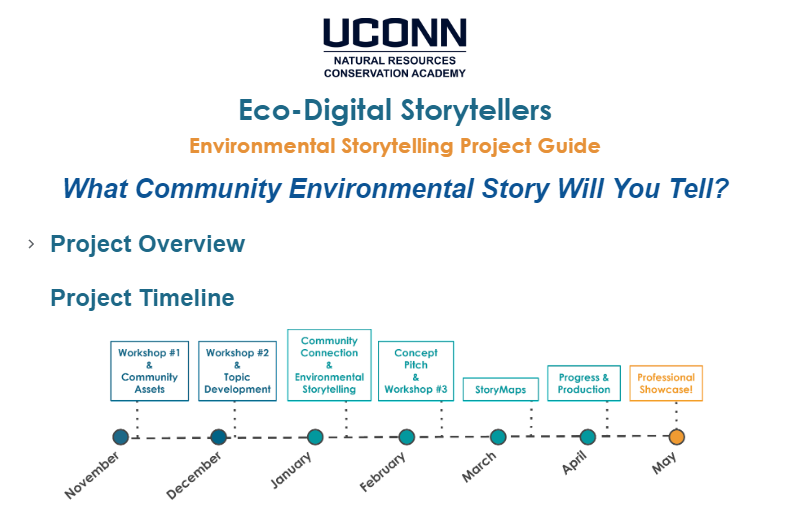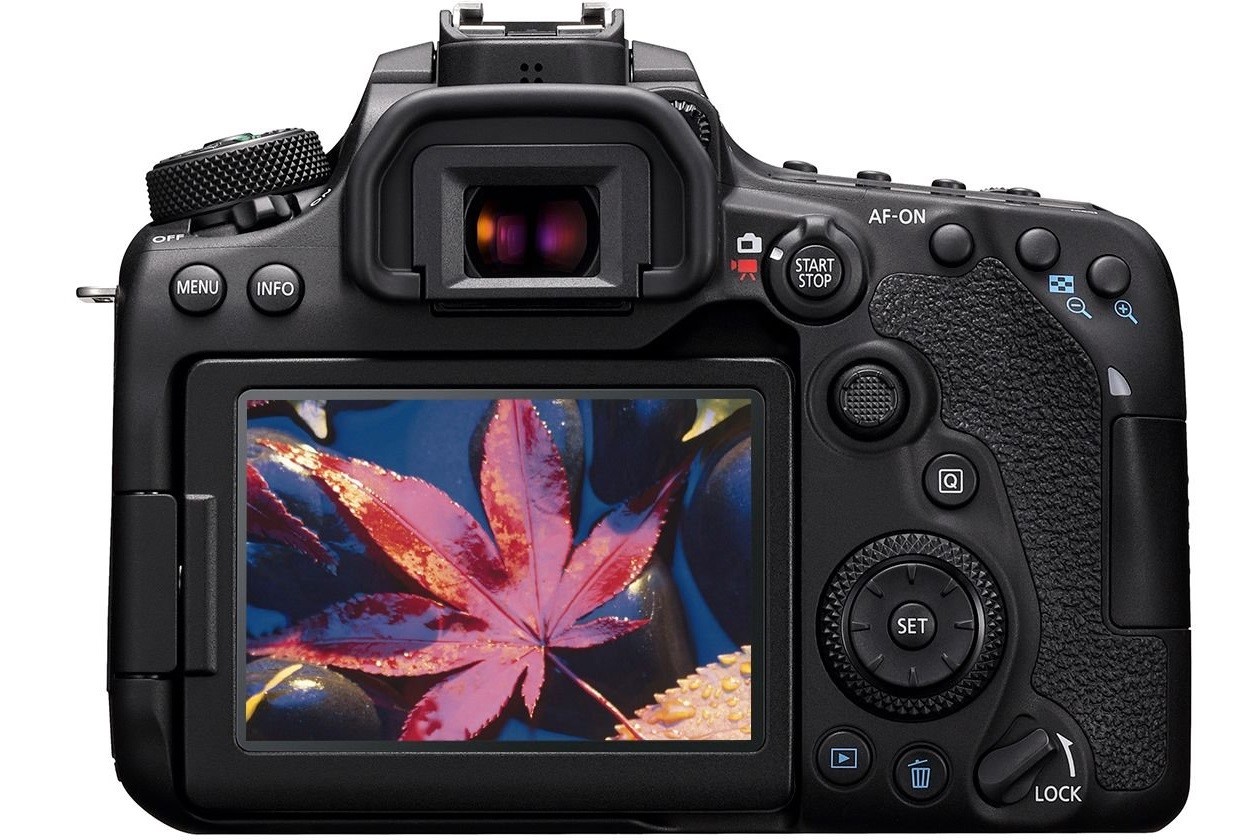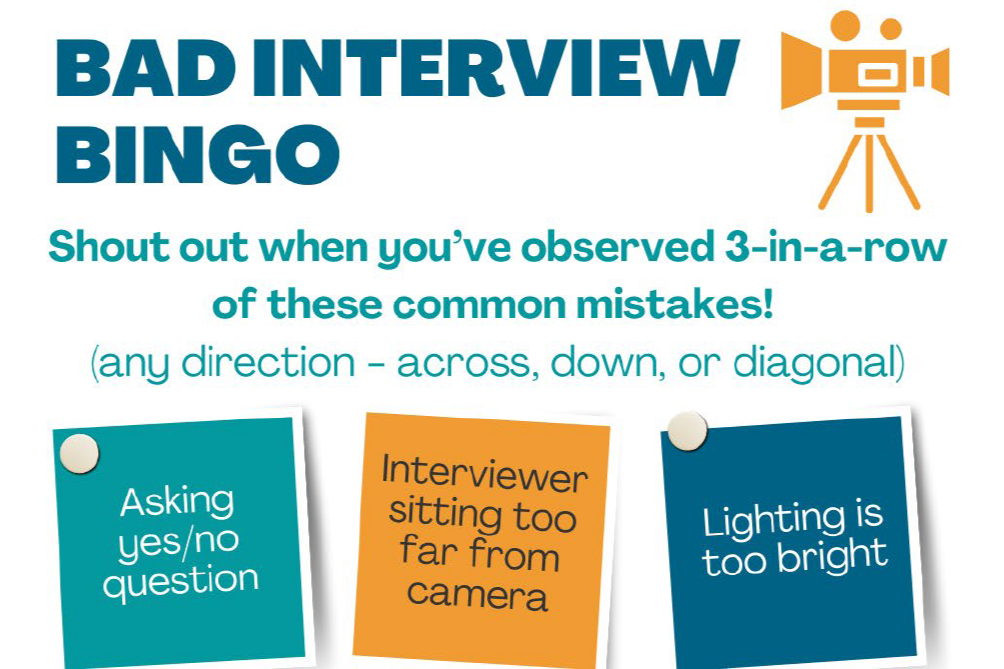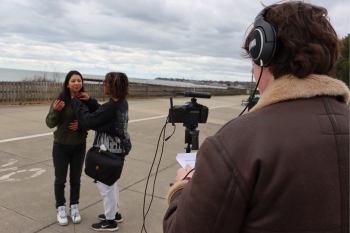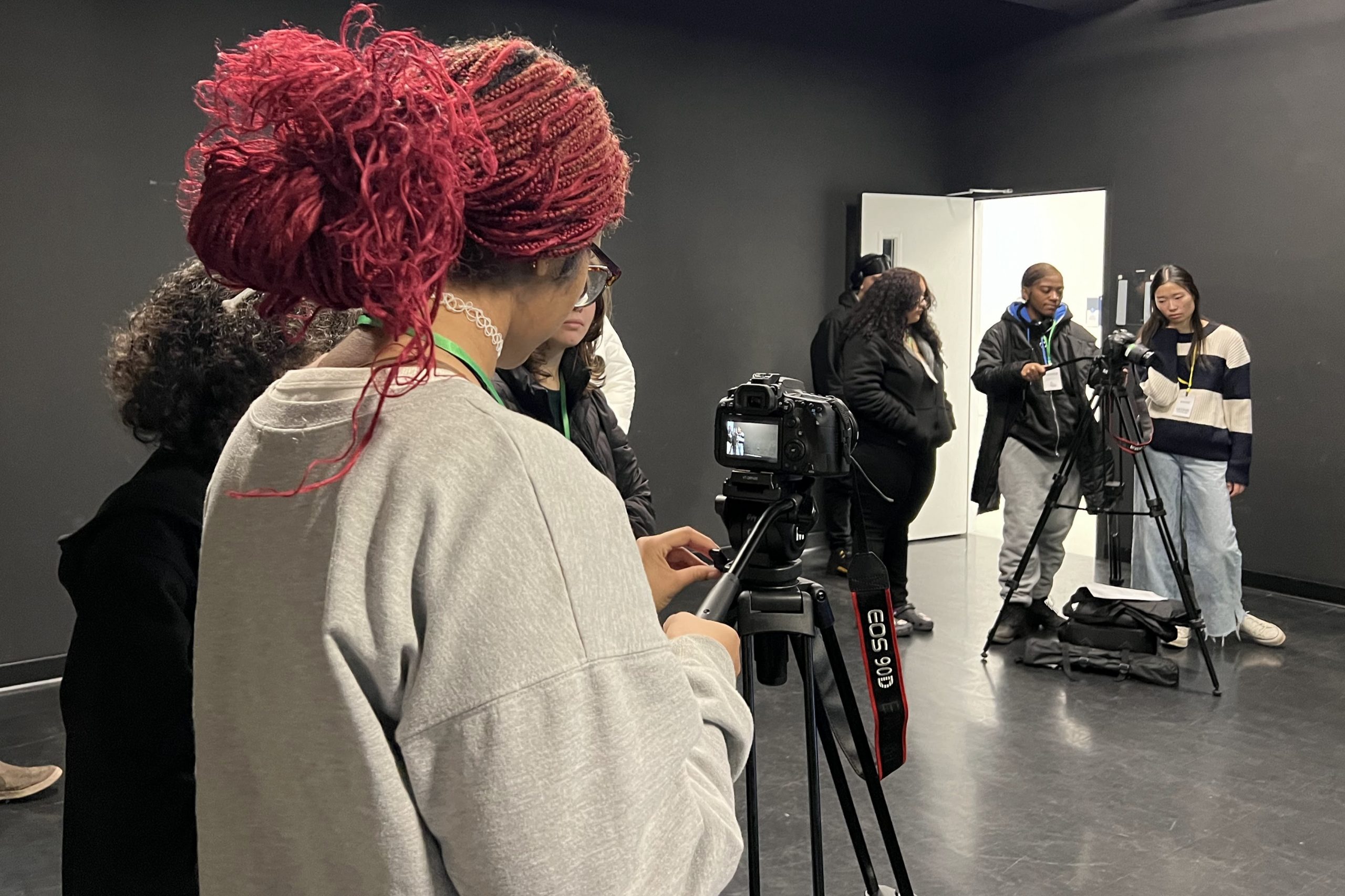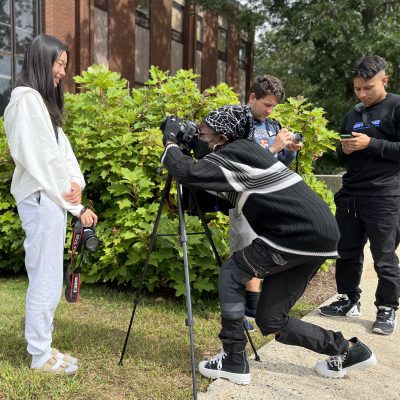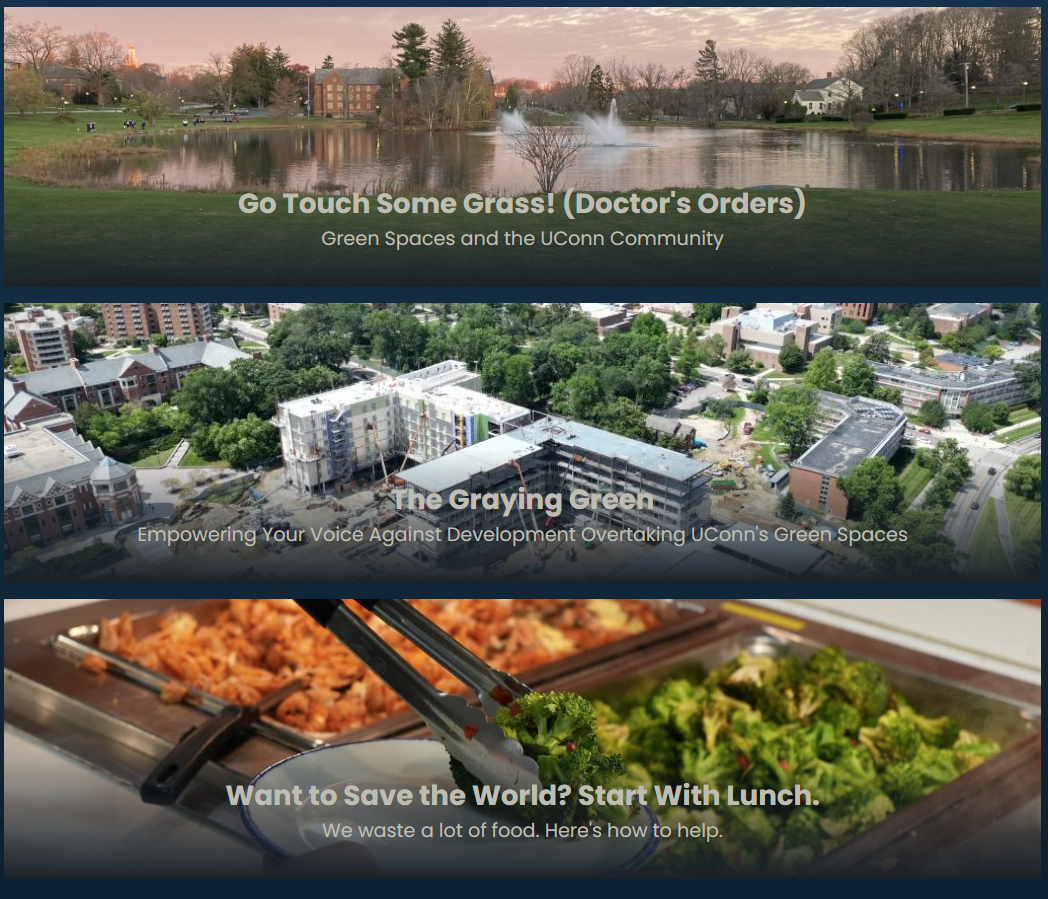
Eco-Digital Storytellers
Seven-month program for student-teacher teams that introduces environmental storytelling through maps and digital media. Teams apply what they learn to create digital media products that highlight environmental assets and injustices in their community.
About EDS
The Eco-Digital Storytellers (EDS) program engages high school student-teacher "pods" to create community-focused digital media environmental action projects. Because it takes place during the school year (October through April) and covers diverse topics and skills, EDS is a great program for school clubs or entire classes in subjects like art, science, social studies, etc.
EDS pods learn about effective storytelling and how to apply innovative mapping and digital media technology, including animation and filmmaking, to explore various aspects of their local environment. Through field trips and classroom visits, students gain new skills and tap into their creativity. Pods share their story concepts for feedback and ideas before diving deeper into their project topics.
Undergraduate near-peer mentors provide support and guidance to help each pod along the way. Pods finish out the program by attending a career panel of professionals in environmental, digital media, and geospatial technology fields and showcasing their digital project products at a spotlight event in the spring.

Program Elements
Student-teacher EDS pods use online mapping technology and digital media to create environmentally-focused stories about their community. Storytelling projects are recognized and celebrated during a showcase event at the end of the program.
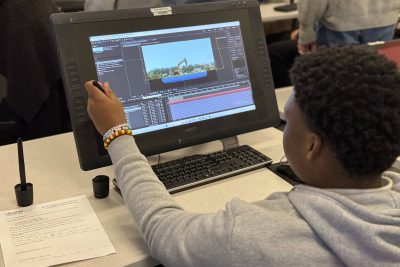
Gain Skills!
What does it mean to tell a great story? Learn how to use digital media and mapping technology to spotlight the environment in your community.
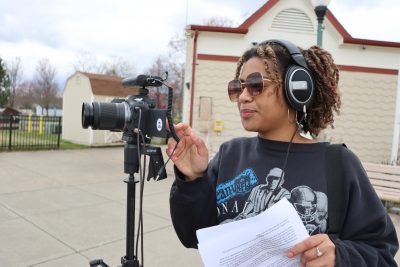
Take Action!
With the help of UConn mentors, teams create a compelling environmental story using student-generated film, photos, maps, and/or animation.

Share Ideas!
Connect with environmental and media professionals! Give and receive feedback as teams from across CT share their progress and project goals.

EDS Project Products
Through our program's innovative technology experiences, we have supported eight educators and more than 80 high school students from digital media, graphics technology, bioscience, and environmental science classes in creating community-focused environmental stories. Their projects feature a range of different topics and incorporate geospatial and digital media technologies to effectively communicate with diverse audiences.
2023-24 Program Year
Our first cohort of Eco-Digital Storytellers was comprised of three dedicated teachers and about 40 students from different schools in Connecticut - A.I. Prince Technical High School in Hartford, Greater Hartford Academy of the Arts, and West Haven High School. These creative and talented participants created four unique environmental storytelling projects. Check them out by visiting the StoryMap Collection!
2024-25 Program Year
Our second group of Eco-Digital Storytellers included three teachers (one program alum) and approximately 40 new students from two of our previous schools - Greater Hartford Academy of the Arts and A.I. Prince Technical High School. Each project they created is full of rich media, maps, and narrative text that tells an environmental story focused on their school communities. Take a moment to explore their StoryMap Collection!


Program Resources
★ Mapping and Geospatial Resources
|
|
|
|
|
|
|
|
|
|
★ Digital Media Examples of Environmental Storytelling
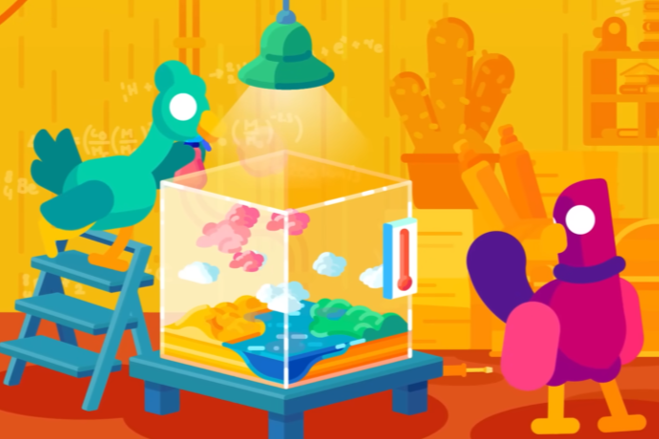 Geoengineering: A Horrible Idea We Might Have to Do (2020), by Kurzgesagt – In a Nutshell (7m46s) |
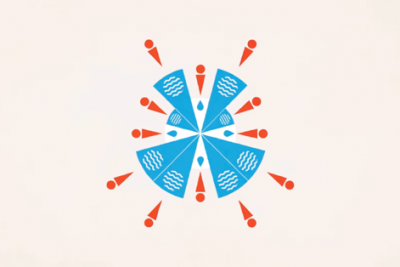 Are We Running Out of Clean Water? (2019), directed by Kozmonot Animation Studio, educator Balsher Singh Sidhu for TED-Ed (5m18s) |
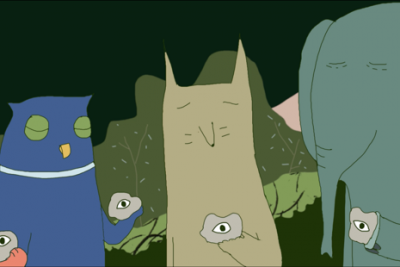 The Art of Change (2018) by Sois de Traca (2m50s) |
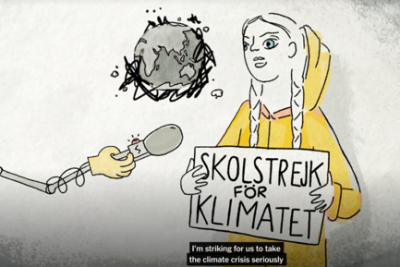 Humanity has Not Yet Failed (2021), animation directed by Norma V. Toraya & Jared P. Scott (7m48s) |
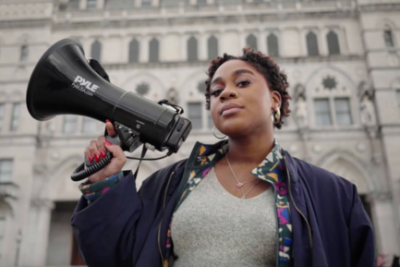 Activist Katharine Morris (2022), video by Alex Hughes, Jordan Walker, and Alexandra Katsoulis for In The Know (5m14s) |
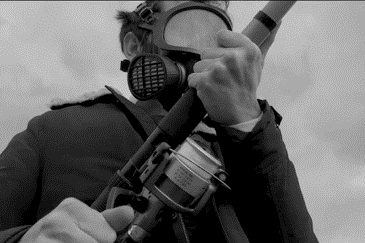 Koku / Scent (2021), film by Sezgin Yüzay (5m00s) |
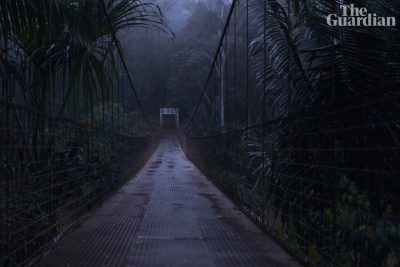 The Return (2021), film directed by Eriberto Gualinga (16m51s) |
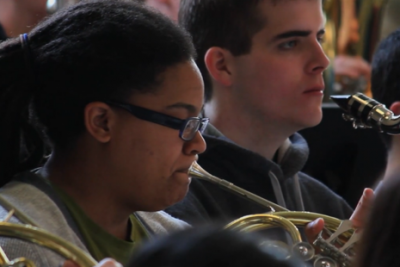 TRUST Massachusetts (2013) by Our Children's Trust (9m01s) |
★ Workshop Activities & Project Resources
|
|
|
|
|
|
|
|
|
|


UConn Course & Internship
Environmental Storytelling - Fall '25 Semester
Undergraduate students in this course will experience a unique approach to environmental action!
Framed in culturally-sustaining strategies and focusing on environmental issues relevant to Connecticut communities, the Environmental Storytelling course introduces students to participatory research and environmental storytelling using digital media and geospatial technology. The course brings together faculty, students, and guest lecturers with a diverse range of expertise and interest in environmental science, arts, geospatial technology, filmmaking, science education, and digital media. In this way, the class design embraces the idea that the class experience will be enriched by the diverse cultural and disciplinary backgrounds of all participants.
Through hands-on activities, demos, lectures, and discussions, students will develop skills in research and data collection, effective visual storytelling, video, animation, and online mapping. Throughout the semester, students will contribute to workshops for high school student-teacher teams in the Eco-Digital Storytellers (EDS) program and collaborate on a team project that assesses environmental assets and concerns, explores possible solutions, and uses multimedia storytelling to envision an environmental future.
Email course instructor for a permission number to enroll...
- DMD 3998 sec 006: Anna Lindemann - anna.lindemann@uconn.edu
- NRE 4695 sec 001: Laura Cisneros - laura.cisneros@uconn.edu
EDS Internship - Spring '26 Semester
Students who complete the Environmental Storytelling course will have the opportunity to apply for 5-month paid environmental education internship positions as Eco-Digital Storyteller (EDS) mentors. Under the support and guidance of multidisciplinary faculty, EDS mentors will have the unique opportunity to mentor a subset of Natural Resources Conservation Academy school pods (student-teacher teams) as they carry out community environmental storytelling projects during the spring semester. This position will provide undergraduate students with experience in leadership, authentic community engagement, environmental education, mentorship, and professional development in environmental science, technology, the arts, and storytelling/science communication, in addition to soft skills that are critical for workforce success such as teamwork, communication, and building relationships.
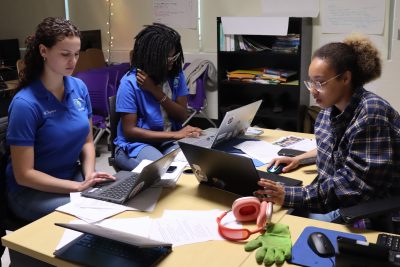
Undergrad Projects
Check out the the Collection of StoryMaps from our 2024
2025 EDS Mentors
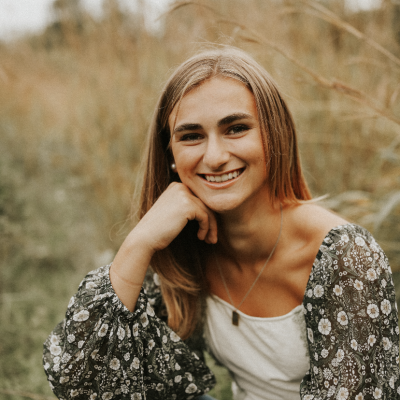
Emma Dutil
2nd Year
Political Science with Honors Laureate, Environmental Studies

Ben Reynolds
3rd Year
Digital Media & Design: Digital Film/Video Production
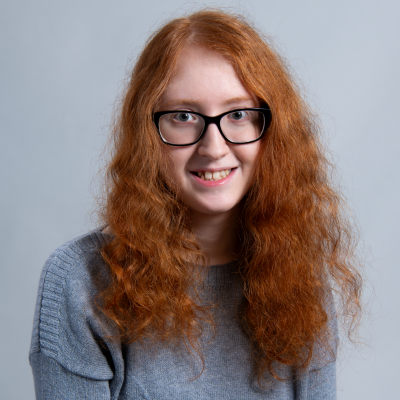
Nicole Zollino
4th Year
Digital Media & Design: 3D Animation
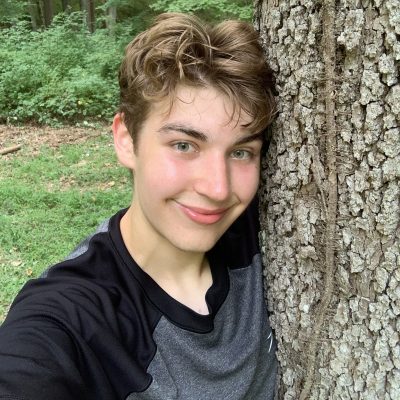
Parker Ayoub
3rd Year
Sociology
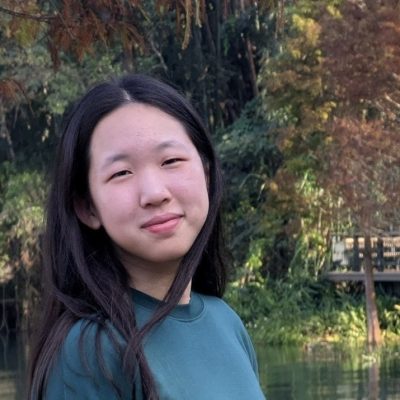
Amber Hwang
2nd Year
Environmental Studies, English
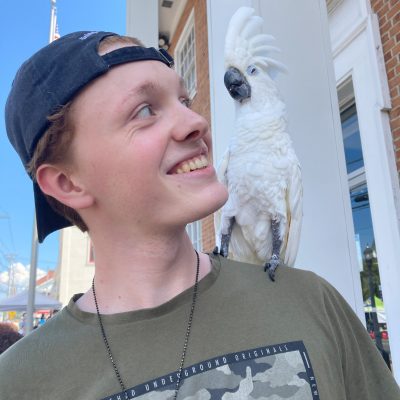
Bran Sullivan
4th Year
Digital Media and Design

EDS Faculty & Staff
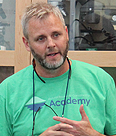
Todd Campbell
Professor of Science Education
Neag School of Education
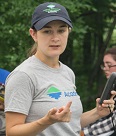
Cary Chadwick
Geospatial Training Program Coordinator
Department of Extension; Center for Land Use Education and Research
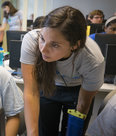
Laura Cisneros
Associate Extension Professor
Department of Natural Resources & the Environment; Institute of the Environment
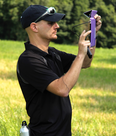
Dave Dickson
NEMO Co-Director and Mobile Mapping Educator
Department of Extension; Center for Land Use Education and Research
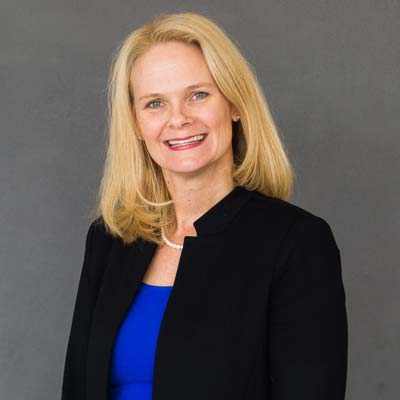
Heather Elliott-Famularo
Department Head and Professor of Digital Film/Video Production
Department of Digital Media & Design
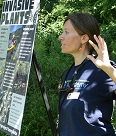
Nicole Freidenfelds
Visiting Assistant Extension Educator
Department of Natural Resources & the Environment
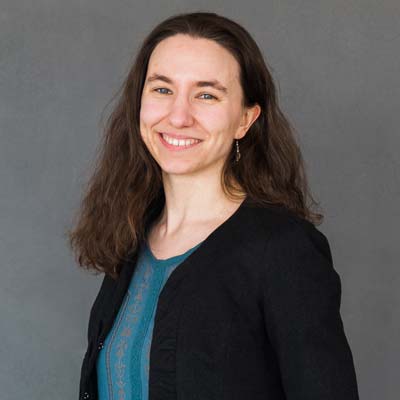
Anna Lindemann
Assistant Professor of Motion Design and Animation
Department of Digital Media & Design
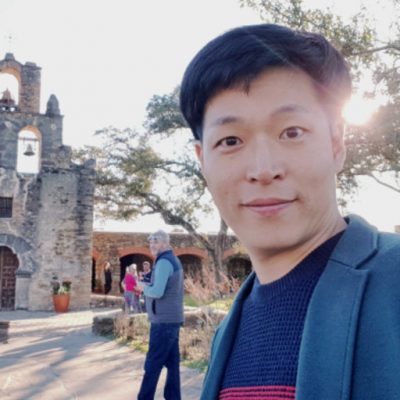
Byung-Yeol Park
Postdoctoral Research Associate, Neag School of Education
Department of Curriculum and Instruction
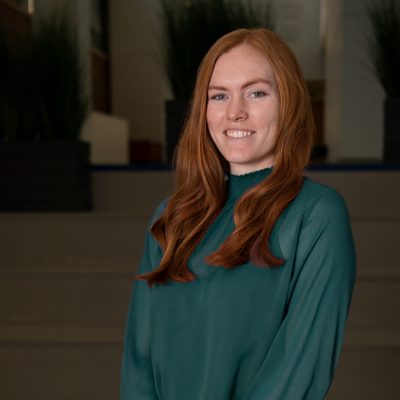
Laurel Pehmoeller
Visiting Assistant Professor of Digital Film/Video Production
Department of Digital Media & Design
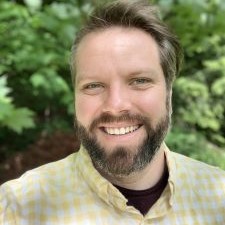
Jonathan Simmons
Postdoctoral Research Associate, Neag School of Education
Department of Curriculum and Instruction
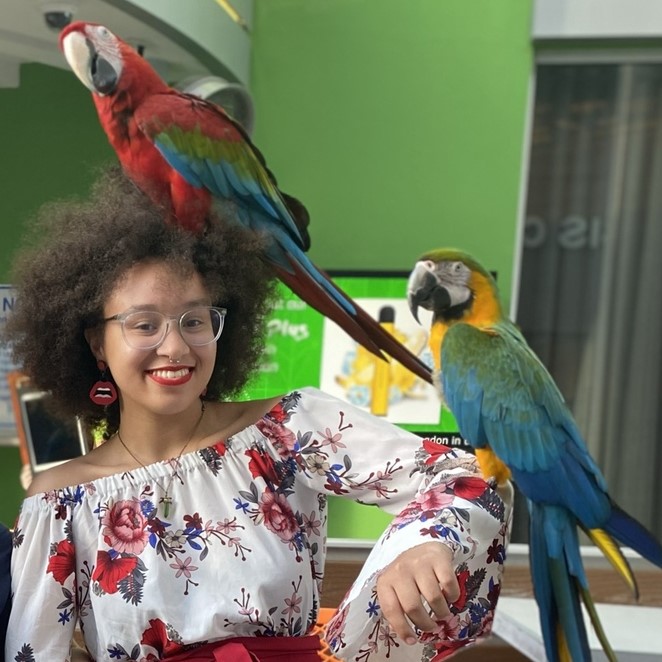
Jamaile Hall
Spring 2024, Fall 2025
Ecology & Evolutionary Biology, Digital Media & Design
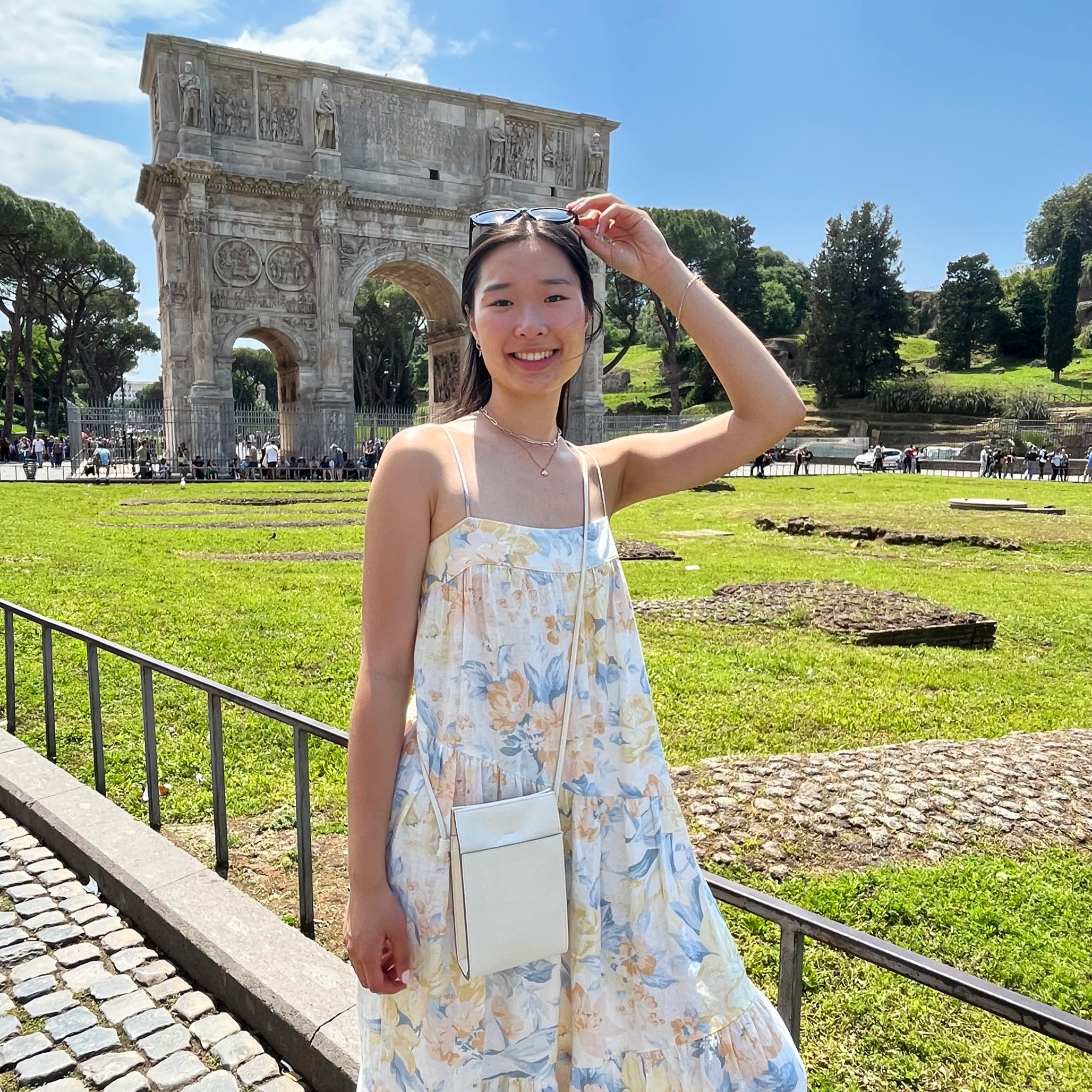
Annie Gong
Spring 2024, Fall 2025
Digital Media & Design
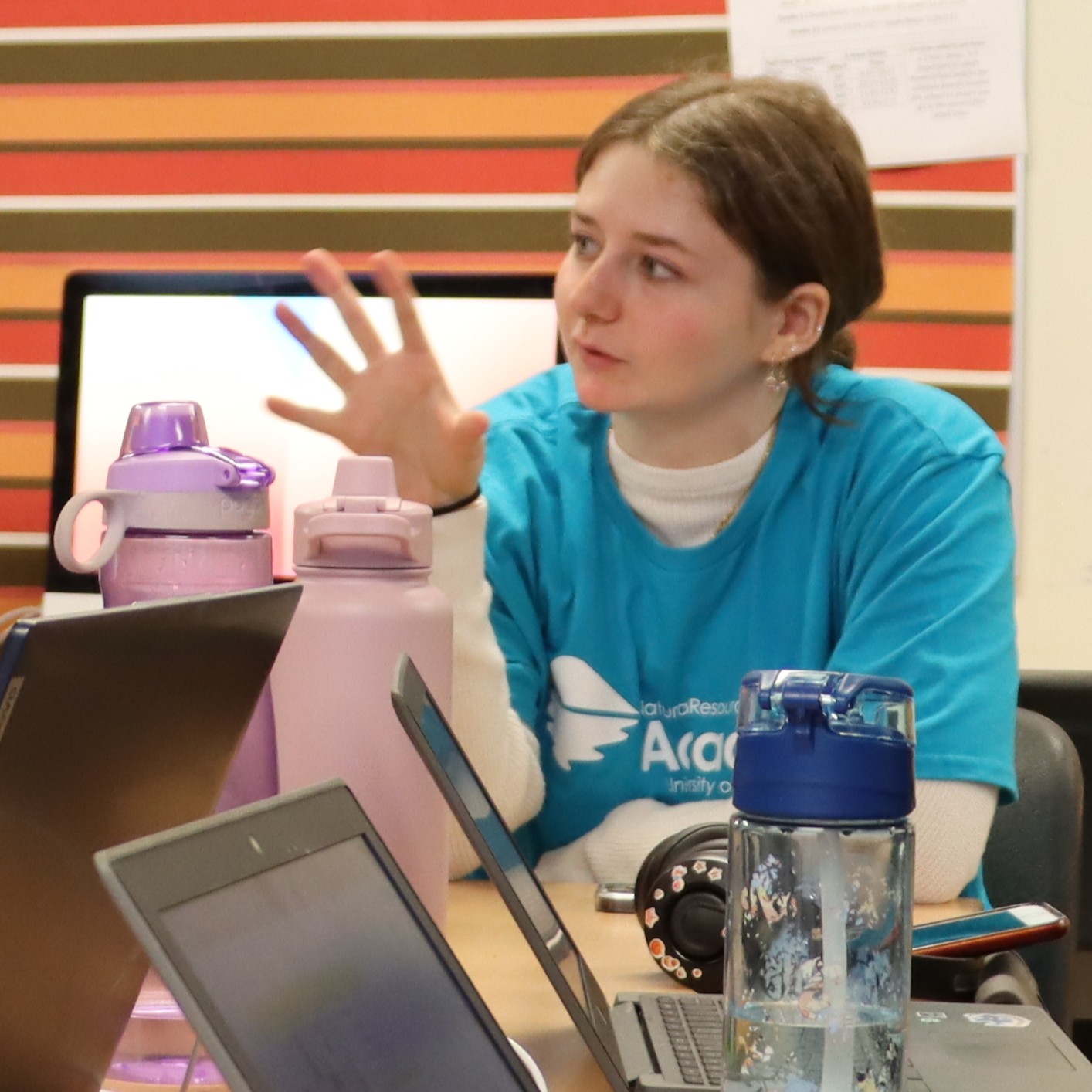
Natalie Maddox
Spring 2024
Natural Resources
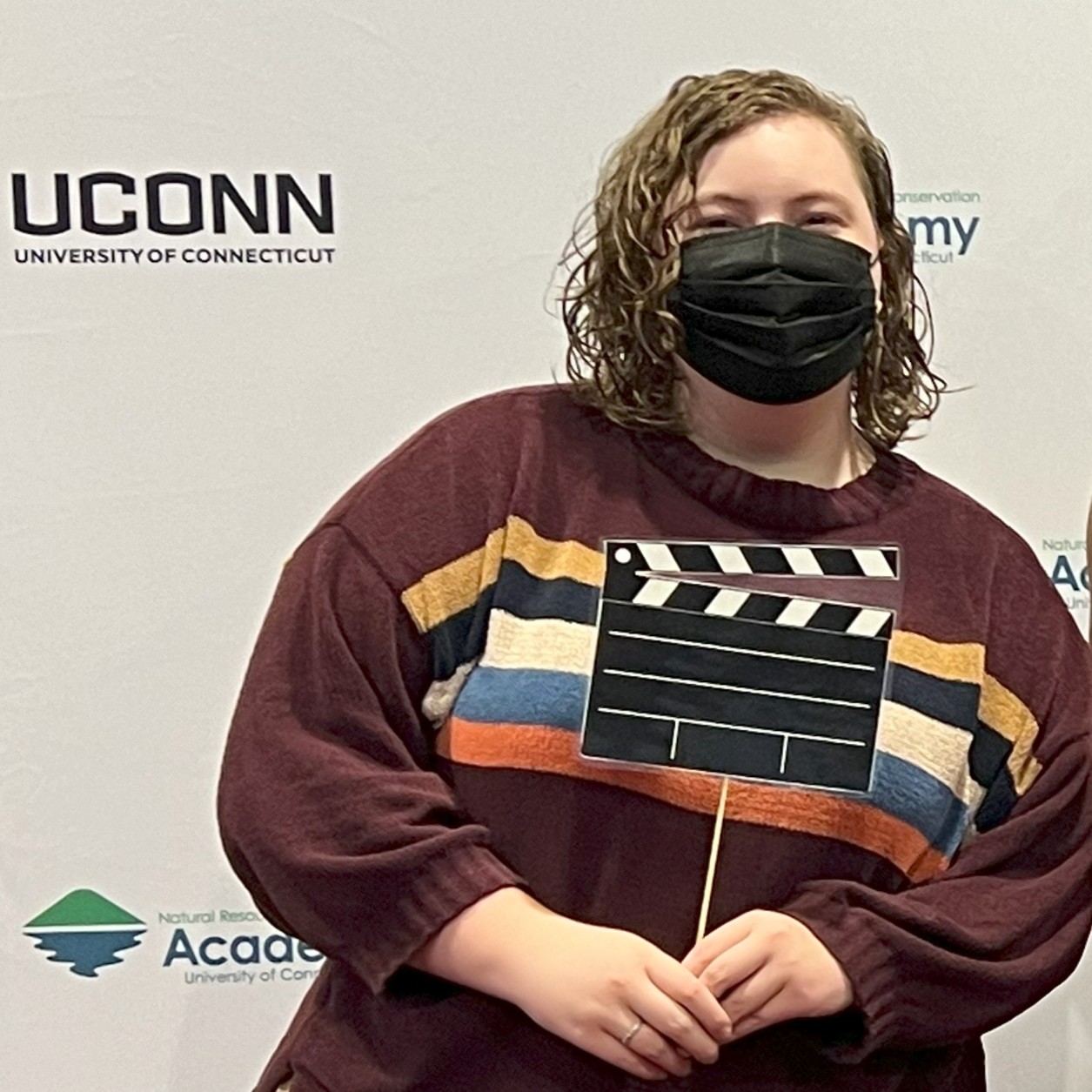
Avi Obie
Spring 2024
Digital Media & Design

Sydney Seldon
Spring 2024
Individualized Major

Program Funding
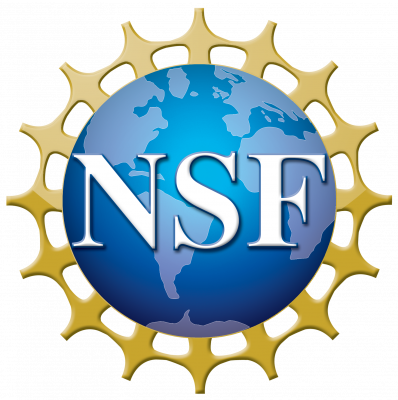
NRCA’s Eco-Digital Storytellers is funded by a grant from the National Science Foundation Innovative Technology Experiences for Students and Teachers program (ITEST-2148606). ITEST supports applied research and development focused on increasing preK-12 students' interest in careers in information and communication technology and STEM through technology-based learning experiences. STEM is short for Science, Technology, Engineering and Math, and STEM education is seen by the U.S. Department of Education and many others as critical to maintaining and enhancing America’s global leadership and economic health.
The material on this webpage is based upon work supported by the National Science Foundation under Grant No. 2148606. Any opinions, findings, and conclusions or recommendations expressed in this material are those of the author(s) and do not necessarily reflect the views of the National Science Foundation.

Stories
Story Title 1
Story Title 2
Story Title 3
text placeholder
Story Title 4

